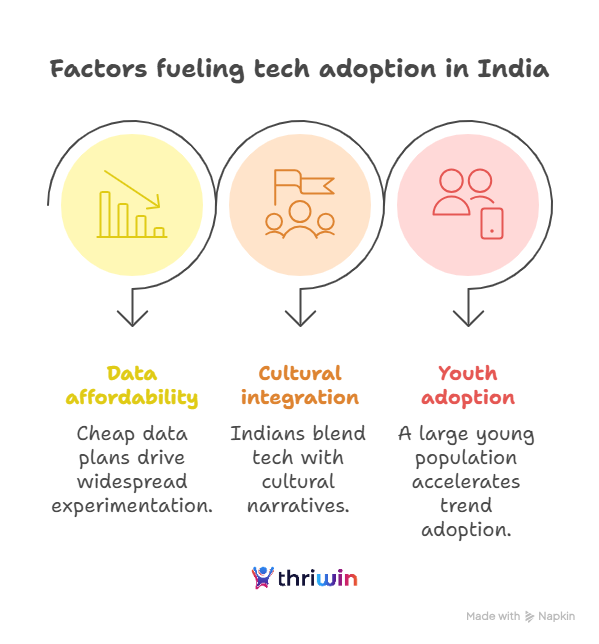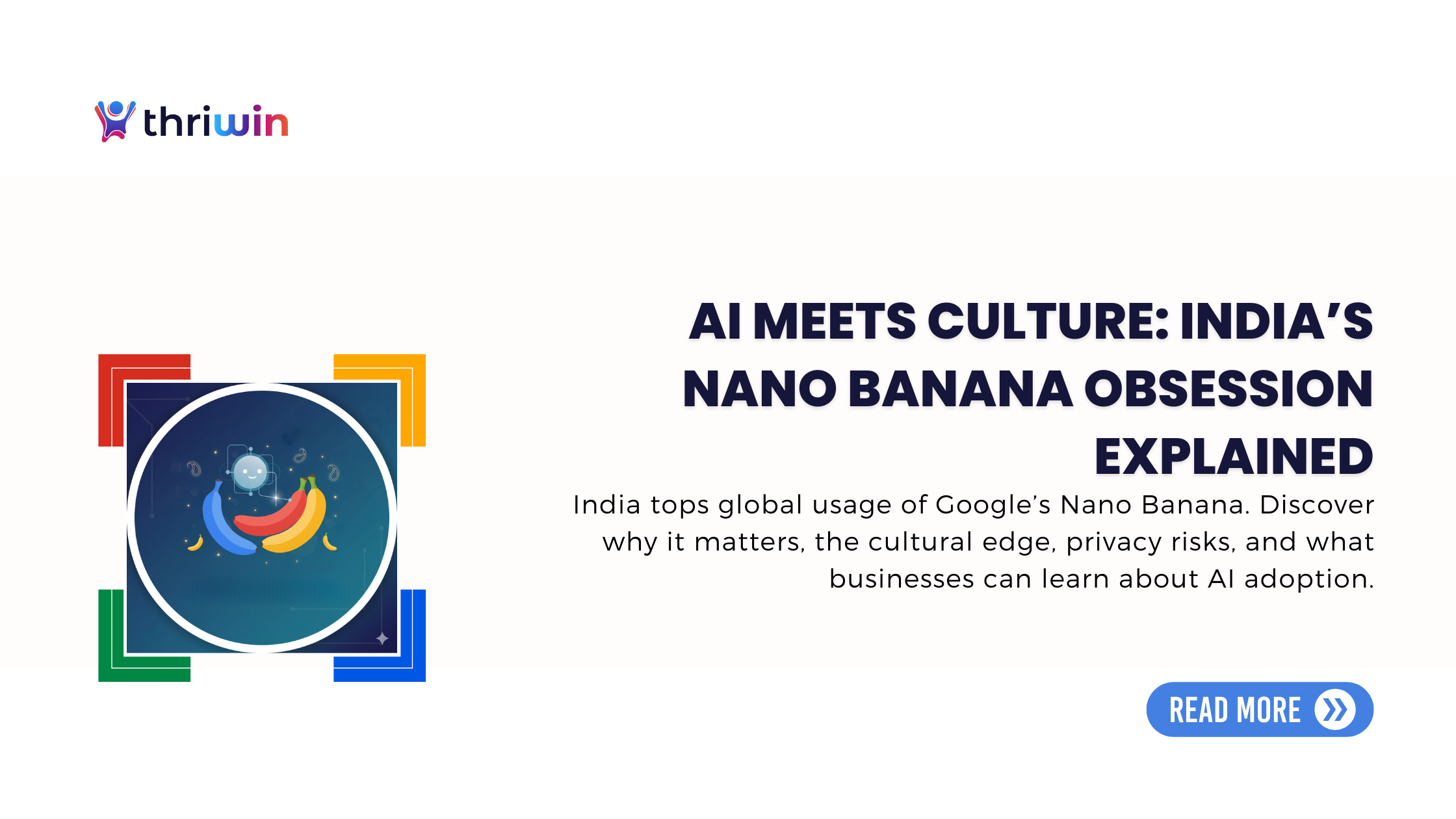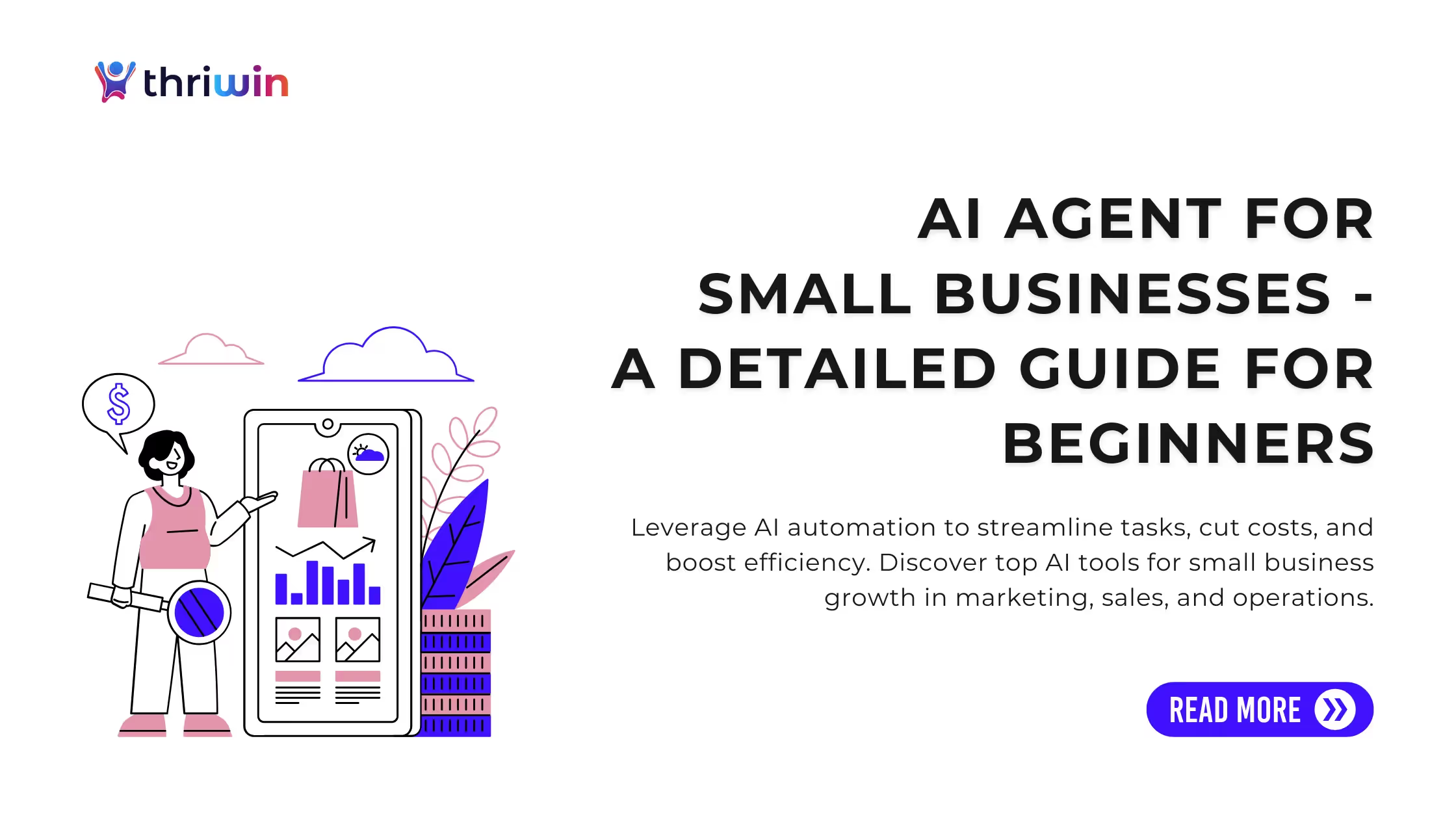India’s AI Playground Moment
The recent rise of Google’s Nano Banana update in the Gemini app, a popular AI-powered platform, proves it. From retro Bollywood avatars to “AI saree” recreations and even lifelike portraits of grandparents, Indians have turned a quirky AI feature into a cultural phenomenon.
India is now the #1 country worldwide for Nano Banana usage. Downloads of the Gemini app surged by 667% in September, propelling it to the top of both the App Store and Google Play.
This isn’t new. India has long been a testing ground for global tech adoption, from the days of TikTok to the rise of WhatsApp. However, this time, there’s a deeper story: India is shaping global AI culture, and at the same time, exposing itself to significant risks regarding privacy, security, and long-term digital trust.
So, is this just harmless fun? Or a sign that India’s enthusiastic adoption of AI could set dangerous precedents?
This isn’t just entertainment. It’s a glimpse into how India shapes global tech adoption, and the lessons are bigger than selfies. For founders, sales leaders, and businesses betting on AI adoption, India’s Nano Banana moment is a playbook that underscores the importance of responsible, personalized, and transparent AI deployment. We must ensure that our AI initiatives are not just innovative, but also ethical and respectful of user privacy.
Busting the Biggest Myth: It’s Not Just Hype
Some might dismiss this as just another “viral fad.” Consider FaceApp’s ageing filter or TikTok’s filters. But Nano Banana’s growth in India points to something more profound:

- Affordability of mobile data - India has some of the world’s cheapest data plans, fueling mass experimentation.
- Cultural storytelling - From Bollywood nostalgia to family history, Indians naturally weave tech into narratives. For instance, the 'AI saree' trend is a unique way of using AI to recreate traditional Indian attire, reflecting the cultural adaptability of Indians.
- Scale of digital-first youth - With 600M+ internet users under 25, trends hit critical mass overnight.
The myth? That Indians are “just users.”
The reality? Indians are co-creators who push tech into global consciousness.
The Flip Side: Privacy, Data, and Digital Identity Risks
- Data ownership - When users upload photos, they often don’t realise these files may be stored indefinitely, reused for training, or even shared across third-party systems. This lack of transparency creates significant risks for personal digital identity and control.
- Deepfake potential - What feels like harmless fun today could be tomorrow’s tool for manipulation. AI-generated avatars can easily morph into deepfakes, raising concerns about misinformation, fraud, and reputational harm at both personal and societal levels.
- Policy gaps - Unlike Europe’s GDPR or California’s privacy laws, India still lacks comprehensive AI-specific safeguards. Without clear regulations on data consent, storage, and usage, citizens remain exposed to exploitation by companies and bad actors.
- False sense of security - Watermarks or AI detection tools offer surface-level comfort, but they don’t solve deeper challenges of storage, ownership, or long-term consent. People may believe their data is safe, while in reality, it is still highly vulnerable.
👉 India risks building the world’s most vibrant AI culture, while simultaneously leaving its citizens vulnerable to hidden risks that may only surface later.
Nano Banana AI trend: Cool selfies or creepy privacy risk? | Google Gemini | Viral saree edits
A Familiar Pattern: India Adopts Fast, Then Pauses
- TikTok - TikTok’s rapid explosion in India showcased the power of creative short-form content, amassing millions of users almost overnight. However, it's banned due to security and geopolitical concerns, leaving creators stranded and highlighting how India often adopts new technology wholeheartedly before facing the consequences of unregulated growth.
- FaceApp - FaceApp went viral globally and particularly in India for its fun age-morphing filters. Yet soon, privacy experts flagged the risks of uploading personal photos to servers abroad, sparking debates around digital safety. This cycle of excitement followed by criticism shows India’s willingness to experiment, even at the cost of overlooked safeguards.
- Nano Banana - Today, Nano Banana mirrors the same trajectory, delighting millions with retro recreations and playful cultural trends. But lurking beneath the fun are unresolved issues of data storage, identity misuse, and long-term trust. It may be celebrated now, but tomorrow it could invite scrutiny similar to TikTok or FaceApp.
The pattern is clear: Adoption outpaces regulation, and only later do trust questions arise.
👉 Sales leaders should pay attention. The same pattern applies to AI adoption in sales: jump too fast without a strategy, and you risk backlash.
The Psychology of AI Trends in India
Why do Indians embrace tools like Nano Banana so quickly? It’s more than novelty. Three psychological triggers are at play:
- Nostalgia Meets Novelty
Retro portraits and time-travel effects aren’t random. They tap into India’s deep cultural nostalgia while using cutting-edge tech. - Relatability & Localization
The “AI saree” trend shows how Indians adapt global tech to local identity. It’s not about mimicking Silicon Valley; it’s about embedding tools into daily life. - Community Amplification
In India, social validation drives virality. A creative trend isn’t just personal; it’s collective. That’s why trends born here scale globally.
👉 The same psychology drives adoption of AI sales agents and CRM systems, tools that are visual, personalized, and easy to showcase.
Business Takeaways: Lessons for Startups and Leaders
Before jumping into frameworks and structured approaches, it’s important to pause and reflect on what India’s Nano Banana phenomenon teaches founders, sales leaders, and startup builders. These lessons go beyond marketing gimmicks; they shape how technology should be designed, launched, and scaled.
- Personalization is the hook - Sales AI isn’t effective if it feels generic. Much like Indians embraced Nano Banana for its ability to reflect cultural identity and nostalgia, business tools must “speak the user’s culture.” A CRM or AI sales agent that adapts to local language, norms, and workflows immediately wins trust and adoption.
- Adoption is emotional - Beyond efficiency, people stick with tools that delight them. In India, families bond over playful AI portraits because the experience sparks joy and delight. Similarly, sales platforms that create positive emotional engagement ensure stickiness. Efficiency brings users in, but emotional connection makes them stay.
- Privacy must be built in - Viral adoption without safety is short-lived. Users eventually lose trust if their data is at risk. Startups must treat privacy not as an afterthought but as a proactive safeguard. Features like transparent data policies, consent-first design, and encryption don’t just avoid risks; they build lasting trust and credibility with users.
A 5-Step Framework for AI Adoption in Business
- Creativity first - AI solutions should not just function but inspire. When tools are engaging, playful, and feel designed for the user, they break adoption barriers. Creativity builds emotional resonance, ensuring users return and explore beyond the initial novelty.

- Localization - A powerful AI adapts to local language, traditions, and norms. Features such as multilingual support, culturally relevant prompts, and workflow customization make tools accessible and trustworthy, turning adoption into loyalty. Localization is the bridge between global tech and local acceptance.
- Transparency - Users must clearly understand what happens with their data. By offering upfront communication, consent-first models, and clear dashboards that track use, companies can counter scepticism. Transparency not only avoids backlash but actively builds brand credibility.
- Privacy-first design - Instead of retrofitting security, businesses must design AI systems where protection is built into the core. Encryption, limited data retention, and user control features assure safety. When privacy is prioritized before scale, long-term trust becomes the foundation for growth.
- Scalability with guardrails - Growth should never compromise trust. AI that scales responsibly uses guardrails like ethical usage limits, audit trails, and adaptive compliance to ensure expansion is sustainable. A balance of speed and responsibility keeps adoption strong without damaging reputation.
👉 Thriwin’s AI sales agents embody this, blending personalization, privacy, and cultural nuance.
The Global Implications: Why the World Is Watching India
India isn’t just leading Nano Banana downloads. It’s setting global benchmarks:
- How can creativity drive adoption?
- How do local trends become global memes?
- How do privacy debates catch up only after mass engagement?
Silicon Valley is paying attention because India is a live lab of what mass AI adoption looks like. For sales leaders worldwide, this means one thing: watch India, and you’ll see the future of digital engagement.
The Thriwin Perspective
At Thriwin, we see the Nano Banana moment as a lesson for every business:
- Adoption at scale is powerful - but only if balanced with responsibility.
- AI-backed sales tools must adapt to like trends - personalized, localized, and fast-moving.
- Trust is the new sales currency - without it, no innovation lasts.
Our AI sales agents and CRM tools are built on this philosophy: empowering teams to scale outreach while maintaining transparency, compliance, and adaptability. Because in a world where one viral update can change behaviour overnight, sales systems need to be as resilient as they are creative.
Final Word: Creativity vs Privacy, The Choice Ahead
India’s Nano Banana craze is more than viral fun. It’s a case study in how adoption, creativity, and cultural remixing shape global tech. But it’s also a reminder: without privacy and responsibility, no trend lasts.
For businesses, the message is clear: adopt AI boldly, but adopt it wisely. Creativity must be matched with compliance, and personalization with trust.
At Thriwin, we believe India is not just a market, it’s a trendsetter. And the way Indians adopt, remix, and globalize new tools could define what “digital identity” and sales engagement look like for the next decade.
🚀 Ready to see how AI can work for your sales team with the same energy India brings to Nano Banana? Book a demo with Thriwin today.
Frequently Asked Questions:
- Why is the Nano Banana app trending in India?
The Nano Banana app is trending because it mixes nostalgia, creativity, and AI-powered photo transformations. From retro Bollywood looks to AI-generated sarees, it captures India’s love for storytelling and visual culture, making it more than a tech trend; it's a cultural movement.
- Are there risks in using AI apps like Nano Banana?
Yes, risks include privacy concerns, misuse of personal data, and a lack of transparency about where uploaded images are stored. While the app is entertaining, users often overlook the hidden risks, making awareness and cautious use essential in balancing creativity with online safety.
- How does Nano Banana reflect India’s adoption of AI?
The craze highlights India’s unique way of adopting and reshaping technology. Instead of just consuming AI tools, Indians remix them into cultural expressions. This adaptability shows why India is a global trendsetter, where tech becomes both an art form and a social experience. - Can AI photo apps misuse personal data?
Yes, AI photo apps may collect, analyze, and reuse images beyond user consent. Data could be stored, sold, or used to train models without transparency. Even with watermarks and disclaimers, long-term risks remain, raising questions about digital identity and user protection. - Should innovation pause until AI safety improves?
This is debatable. Some argue that innovation must continue to fuel creativity and progress, while others stress the importance of safety first. Ideally, AI adoption should advance in tandem with stronger privacy frameworks, ensuring users don’t trade their long-term security for short-lived entertainment or viral trends.
%201.svg)





